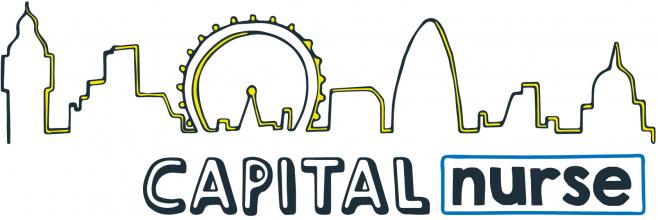Sign up to find out more
Sign up to our newsletter to receive the latest information about CapitalNurse and our work
Sign up nowYou are here
CapitalNurse is a programme of work being delivered through collective action across London, and it belongs to all nurses in the capital.

Established in 2015, CapitalNurse forms a key part of our pan-London approach to support our nursing workforce at all stages of their career journey.
CapitalNurse’s vision, to ‘get nursing right for London’, ensures that London has the right number of nurses, with the right skills in the right place, working to deliver excellent nursing wherever it is needed.
The outputs of CapitalNurse are collaboratively designed for London nurses, and many outputs also have the potential to be used with positive impacts for other workforce groups, and in other geographies.
Every London nurse is a CapitalNurse. We:
For general enquiries, please email the CapitalNurse Team: england.capitalnurse@nhs.net
Sign up to our newsletter to receive the latest information about CapitalNurse and our work
Sign up now